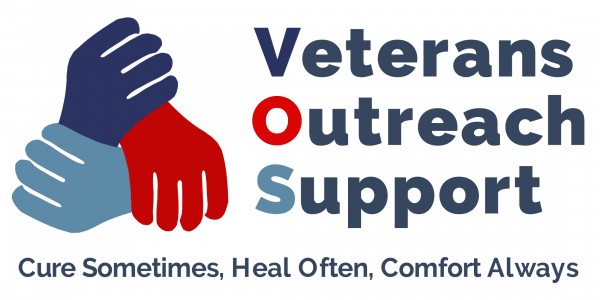KCMHR has just released a new report, funded by the Forces in Mind Trust (FiMT), which has highlighted the complex ways in which military life can influence alcohol use and other lifestyle behaviours among the spouses and partners of Service personnel.
Some previous work had found high rates of hazardous alcohol consumption and binge-drinking among military partners but, apart from some links with more family separation, we weren’t sure why. To help us understand more, we set up the LIFE-Q study to look at the social, cultural, military and health-related factors affecting alcohol use among the partners of UK personnel and veterans.
What did the study do?
The study used a diary-interview method to give deeper insights into alcohol use and other lifestyle behaviours such as eating and exercise among military and veteran partners. It also allowed participant stories to inform us as researchers about the key influences on these behaviours rather just being led by prior studies.
62 women completed online diaries across a period of approximately 4 weeks about their lifestyle behaviours – 21 then took part in one-to-one interviews using the diary entries as an initial insight into their daily lives.
We also conducted a review to identify alcohol support programmes available to the partners of military and ex-military personnel.
What did the study find?
Diaries and interviews showed a range of drinking behaviours, capturing the amounts of alcohol consumed, frequency of drinking, personal preferences and drinking motivations (e.g. socialising, enjoyment, relaxing, and relieving stress). Overall, the findings highlight how the rhythms of military and family life both prevented and facilitated participants’ drinking. These were captured by the three main themes:
a. Saving up drinking for social occasions
Some partners described limited chances to drink because repeated postings to new geographical areas fragmented their social networks or because they felt disconnected from military communities if living off base. Frequent separations from their husbands/partners (often due to ‘weekending’, where personnel work away from home during the week) meant partners were often the only parent at home and so opted not to drink alcohol until their husband/partner returned. Drinking was then ‘saved up’ for certain occasions such as when he returned home, formal events or when friends and family were in town.
b. Managing how I feel
Alcohol was discussed as being used by partners to manage negative feelings such as stress, boredom, loneliness, and sadness. It was also used to elicit positive feelings such as a well-earned reward at the end of a busy day or week. There was evidence that partners avoided or adjusted their alcohol use for physical or mental health and wellness reasons, or in some cases, substituted alcohol use with unhealthy eating behaviours.
c. Drinking, family life, and military rhythms
Participants described a range of influences on their drinking that they linked to either the rhythms of military life or to their partner. These influences could encourage or reduce drinking. We found patterns like:
· Full-mum duty – when partners were the only parent in the home, we observed both patterns of abstinence and stress-based drinking.
· Drink-weekending – limiting alcohol use until personnel returned home, which provided a chance to relax and reconnect and share parenting duties.
· Syncing/seesawing – we saw that drinking behaviours within couples were interconnected. Some partners noted that they drank more when personnel were home because personnel were used to drinking more. Others described avoiding alcohol if they were worried about personnel drinking or the health of the family.
Our review of the literature found 50 programmes available to Service families, although most were aimed at the general population. Of those for members of the Armed Forces community, none catered to the partners of serving or ex-serving personnel and most were for veterans or for family members looking to support their veteran family member’s alcohol issues.
The report also made a number of recommendations for public health bodies and service providers – these can be found in the full report.
So what does this all mean?
We found that drinking among military and veteran partners was highly responsive to everyday responsibilities and military rhythms. The on/off nature of military-related separation was evident in participant narratives and helps us understand prior findings on alcohol use among this population. We also note the clear lack of specific support for this population and potentially for understanding of particular drivers impacting their alcohol use. Further work will continue with the data from this study to understand earing behaviours among military and veteran partners and everyday life as a military partner.


















